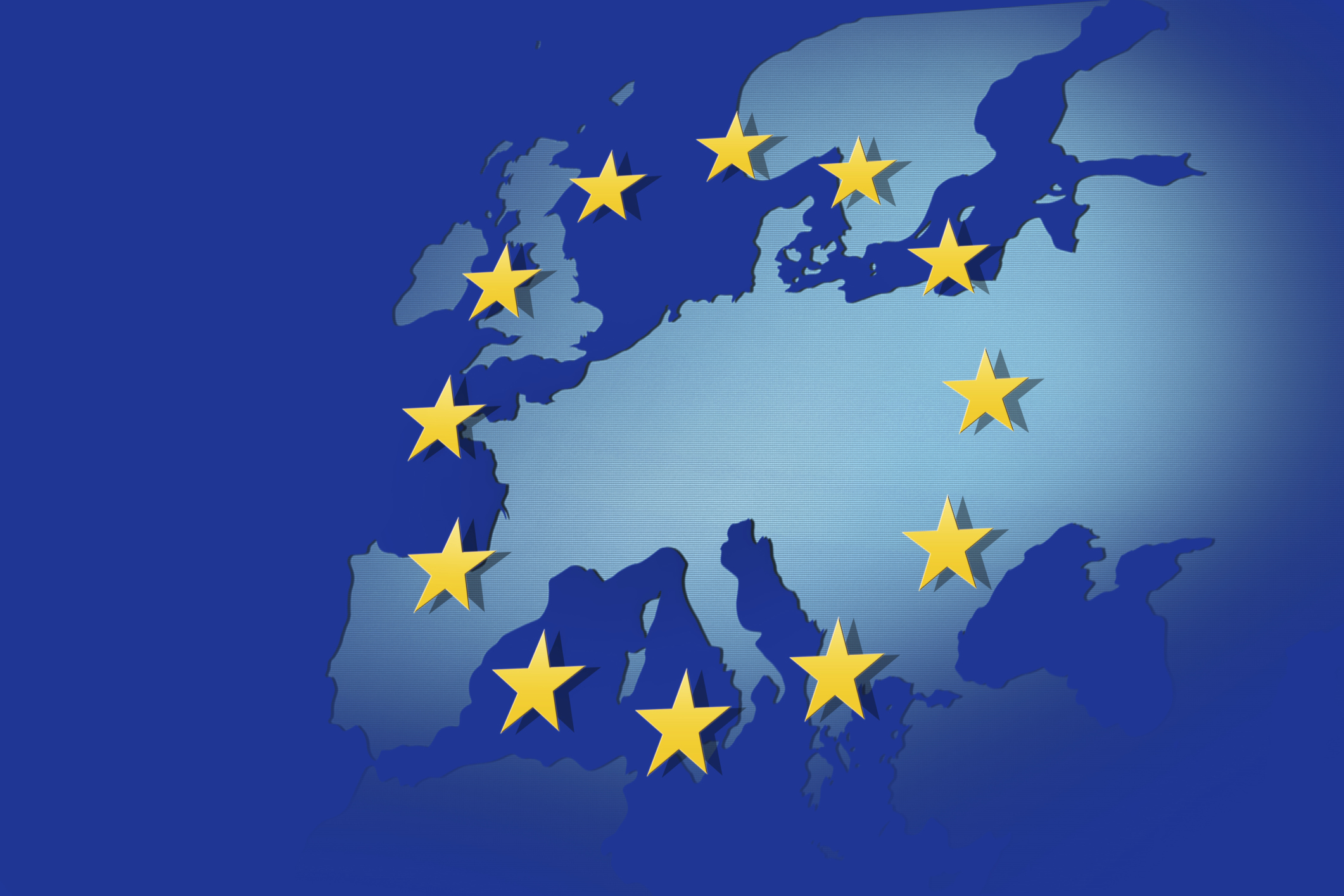On April 24th 2015, the Governments of Greenland and Nunavut issued a press release regarding the Revision of the EU Seal Ban Regulation. Regulation 1007/2009, which bans the entry into the EU market of seal products not deriving from "traditional" Inuit hunt, has been for many years one of the thorny issues in the EU-Canada and EU-Greenland relations.

That much that the issue was taken in front of the WTO, which actually acknowledged that the EU Seal Regime is "necessary to protect public morals", but it does not meet the requirements of the chapeau of Article XX. As result, the EU was given until October 18th, 2015 to amend the regulation. Directly or indirectly, the "seal ban" has also caused the EU a continued deferral (from 2009) of its application to became an observer at the Arctic Council. This year, EU's application has been deferred again, but apparently not because of Canada (more likely because of Russia) . Indeed, in October 2014 it seemed that EU and Canada eventually found a way out to allow Canadian indigenous communities to sell their products in the EU market, but the EU still has to comply with the WTO's ruling. As October is coming, the Governments of Nunavut and Greenland released a joint statement to highlight, once again, their position on the issue:
Whereas, on 28 June 2014 the World Trade Organization Appellate Body issued decisions WT/DS400/AB/R and WT/DS401/AB/R;
Whereas, as a result of these decisions, the EU has been seeking to revise the Regulation (EC) No. 1007/2009 on trade in Seal products, as well as the Indigenous Communities Exemption, to comply with the WTO decisions;
Whereas, The Inuit communities of Greenland and Canada are directly affected by the EU Seal Ban and the Indigenous Communities Exemption of the European Union (EU);
Recognizing the importance of seal hunting and its products for the Arctic peoples.
Recognizing that seal hunting is a traditional and legitimate way of life that is based on the principle of sustainable use of living resources;
Recognizing that for thousands of years, seal hunting has ensured our ancestors survival and remains a pivotal component of the Inuit economy.
Recognizing the necessity of seal-hunting in a harsh climate such as the Arctic region. A region that is larger than the EU countries combined and with a population that is a fraction of the EU's population. Seal hunting provides key foods, cloths and income for Inuit families, much like pork and chickens does for many European families.
We stand together in our call for the European Union to adopt a revised (EC) No. 1007/2009 that will:
- Recognise the values, interests, food security, culture and traditions of the Arctic indigenous peoples' communities.
- Acknowledge that the traditional hunting of seals in these communities is conducted in strict accordance with the principle of sustainability.
- Recognize that the principle of sustainable use is non-negotiable and cannot be fragmented. The revised regulation must reflect the principle of sustainability and respect for other people's way of life.
- Reflect the Joint Statement between Canada and the EU, which sets the framework for Access to the EU of Seal Products from Indigenous Communities of Canada, in which the EU commits to ensure that the EU's regulations on trade in seal products will not adversely affect the fundamental economic and social interests of indigenous communities which hunt seals for their subsistence.
- Reflect the Council conclusions on developing an EU Policy towards the Arctic Region, in which the Council of the EU supports EU's efforts for increased dialogue with indigenous peoples of the Arctic. Furthermore, the Council states the need to ensure that the representatives of Arctic indigenous peoples are informed and consulted on EU policies that may affect them. · Reflect the Joint Declaration between the EU and Greenland, in which the EU states their support of a sustainable development of Greenland.
We urge the EU to heed the concerns voiced in this statement, and encourage the EU to work with us in a manner that respects for our way of life and the United Nations Declaration on the Rights of Indigenous Peoples, to ensure all Indigenous peoples have equal access to, and benefits from, the implementation of the Indigenous Communities Exemption.
The Joint Statment can be found here.
